That was the response of Chinese defense officials and analysts on June 3 to the US call for dialogue as soon as possible.
Earlier the same day, at the Shangri-La Dialogue, US Defense Secretary Lloyd Austin said that for responsible defense leaders, the right time to talk is anytime amid rising tensions between the two powers.
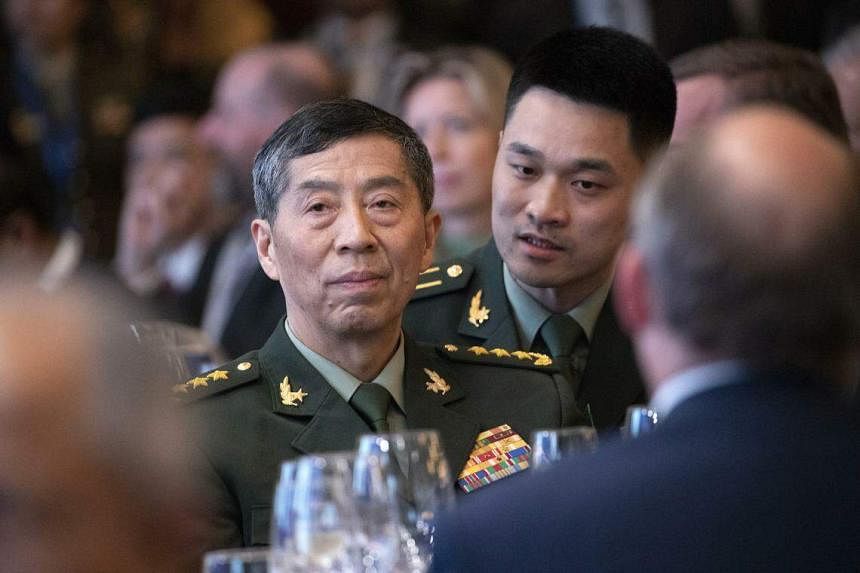
Chinese Defense Minister Li Shangfu at the opening ceremony of the Shangri-La Dialogue on June 2. PHOTO: EPA-EFE
Mr. Austin believes that dialogue is not a reward but a necessity.
His response implicitly responded to Beijing's earlier calls for the lifting of sanctions on Li Shangfu - imposed in 2018, which were linked to China's purchase of Russian weapons - as a precondition for dialogue.
However, Zhou Bo, a senior fellow at Tsinghua University’s Center for International Strategy and Security, told The Straits Times that it was unthinkable for Mr Lee to meet Mr Austin while the sanctions were still in place. He added that the US refusal to lift the sanctions would have huge consequences.
"Think about it, in the next five years - the term of the Chinese defense minister is five years - there will be no meeting. Can the US endure it?" the retired senior colonel of the People's Liberation Army stressed.
Lieutenant General He Lei, a member of the official Chinese delegation at the Shangri-La Dialogue, said: "The US has repeatedly challenged China's position and undermined China's core interests. In this context, the conditions are not yet ripe for the two US and Chinese defense ministers to meet at the 20th Shangri-La Dialogue."
Meanwhile, reacting to his US counterpart's speech, China's Defense Minister accused US Defense Secretary Lloyd Austin of "seriously distorting the facts and truth" about the status of Taiwan (China).
According to Mr. Lee, the US defense secretary has "ignored" Beijing's "One China" principle, through "increasing exchanges between US and Taiwan (China) officials, tolerating Taiwan (China)'s separatist activities and selling more and more advanced weapons to the island."
He also condemned the US's frequent passage through the Taiwan Strait to flex its muscles and entice other countries to intervene in the issue of the island that China claims as its own territory.
The two countries' defense ministers met earlier on June 2 (local time) at the summit's opening dinner. The two sat at the same table but had no plans for a bilateral meeting.
Source




![[Photo] Prime Minister Pham Minh Chinh inspects and directs the work of overcoming the consequences of floods after the storm in Thai Nguyen](https://vphoto.vietnam.vn/thumb/1200x675/vietnam/resource/IMAGE/2025/10/08/1759930075451_dsc-9441-jpg.webp)

![[Photo] Prime Minister Pham Minh Chinh attends the World Congress of the International Federation of Freight Forwarders and Transport Associations - FIATA](https://vphoto.vietnam.vn/thumb/1200x675/vietnam/resource/IMAGE/2025/10/08/1759936077106_dsc-0434-jpg.webp)



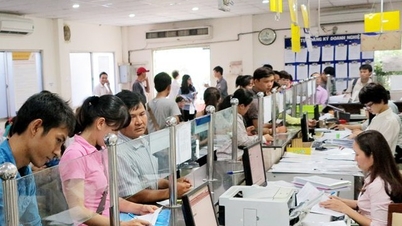
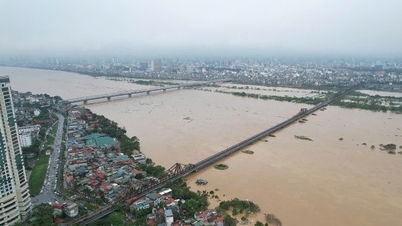













![[Photo] Closing of the 13th Conference of the 13th Party Central Committee](https://vphoto.vietnam.vn/thumb/1200x675/vietnam/resource/IMAGE/2025/10/08/1759893763535_ndo_br_a3-bnd-2504-jpg.webp)





























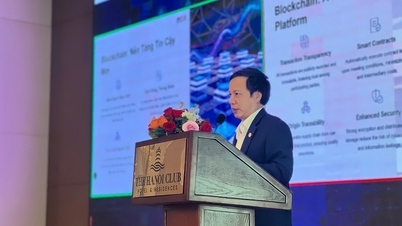








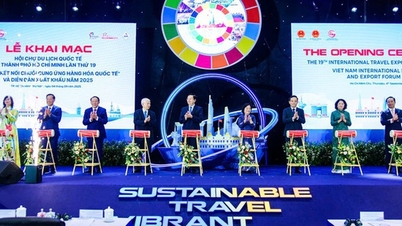





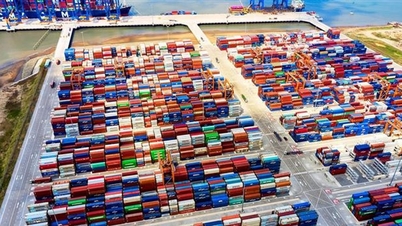




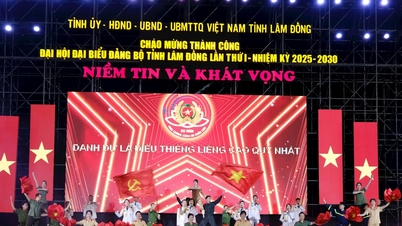




















Comment (0)